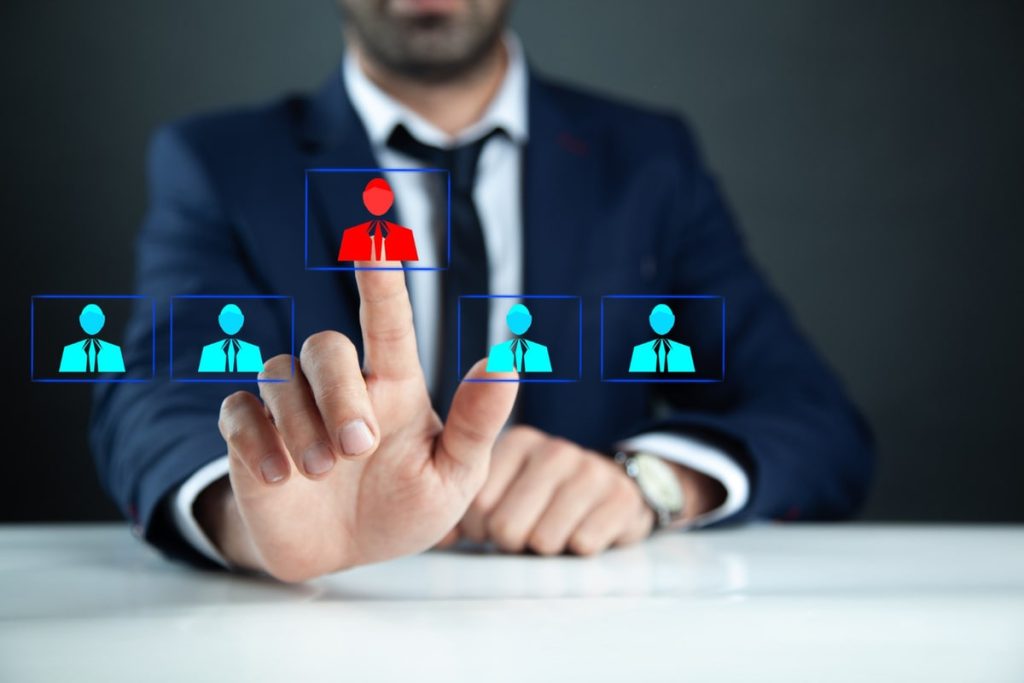
In today’s digital economy, the way companies recruit and evaluate talent is changing rapidly. Traditional methods—resumes, manual screening, and phone interviews—are giving way to smart technologies that promise faster, fairer, and more accurate hiring decisions. Among these innovations, AI-based hiring stands out as a transformative force. It’s not just a buzzword—it’s shaping how businesses across the globe discover the right talent.
What is AI-Based Hiring?
AI-based hiring refers to the use of artificial intelligence technologies to automate or support parts of the recruitment process. This can include:
- Scanning and filtering resumes
- Predicting candidate success
- Conducting automated video interviews
- Analyzing applicant behavior
- Matching candidates to roles based on skills and experience
AI helps recruiters save time, reduce unconscious bias, and scale their hiring efforts without sacrificing quality.
The Numbers: Why Businesses Are Turning to AI
AI hiring is growing fast, and the stats show why:
- According to a report by Tidio, 35% of companies now use AI to screen candidates, and this number is rising year by year.
- Research from Gartner projects that by 2026, over 75% of large organizations will be using some form of AI in their hiring processes.
- A global LinkedIn survey revealed that 67% of hiring professionals say AI helps them save time, and 43% say it improves the quality of hire.
The hiring landscape has gone global, and with thousands of applications coming in for a single role, AI helps recruiters focus on what matters—identifying talent, not sorting paperwork.
Real-World Use Cases
AI-based hiring isn’t just theoretical. Here are some ways it’s already working in practice:
1. Resume Parsing and Screening
AI tools can quickly analyze thousands of resumes, flagging top candidates based on keywords, experience, education, and skills.
2. Chatbots for Initial Engagement
AI chatbots handle candidate queries, schedule interviews, and conduct pre-screening—all in real-time.
3. Video Interview Analysis
AI evaluates verbal and non-verbal cues during interviews to assess candidate confidence, honesty, and communication style.
4. Skill Assessment
Platforms use AI to design personalized coding challenges, simulations, or behavioral tests that help recruiters assess candidates more accurately.
Companies like Unilever, Hilton, and IBM have already implemented AI in their hiring process, cutting time-to-hire by 30–50% and improving the overall candidate experience.
Addressing Concerns About Bias
A major concern around AI in hiring is whether it’s truly fair. Can machines be objective? The answer: only if they’re trained that way.
AI systems can inadvertently learn biases from the data they’re trained on. If past hiring data favored a certain gender, race, or school, the AI may replicate those patterns. To counter this, companies must:
- Use diverse and balanced training data
- Conduct regular audits of AI outputs
- Allow human oversight for final decisions
- Be transparent with applicants when AI is used
The good news? Many AI tools are now built with fairness features, such as masking candidate names or schools during the screening phase.
Global Reach: AI Hiring Around the World
The shift toward AI-based hiring is not just a U.S. or European trend—it’s happening globally:
- In India, HR tech startups are leveraging AI to match candidates with jobs using regional language support and video profiles.
- In Japan and South Korea, AI is used to assess personality traits and cultural fit, two traits highly valued in Asian hiring culture.
- African and Middle Eastern countries are adopting AI tools to reach diaspora professionals and fill local talent shortages.
As per a McKinsey report, businesses that embrace AI in HR see up to 60% faster time-to-fill and a 25% reduction in hiring costs.
Benefits of AI-Based Hiring
| Benefit | Description |
|---|---|
| Speed | Automates repetitive tasks like screening and scheduling |
| Accuracy | Matches candidates to jobs based on skills and fit |
| Cost Efficiency | Reduces hiring costs by minimizing manual effort |
| Scalability | Handles high volumes of applicants |
| Candidate Experience | Faster responses and personalized feedback |
Challenges to Watch
Despite its benefits, AI hiring comes with caveats:
- Overreliance: AI should assist, not replace, human judgment
- Bias risks: As mentioned earlier, AI must be carefully monitored
- Privacy: Candidates must consent to AI screening and data analysis
- Complex implementation: Integrating AI tools with existing systems can be a hurdle for smaller businesses
The Future of Hiring
As we move toward a more digital-first world, the future of hiring will be defined by:
- Hybrid teams: Remote and global workers make AI screening even more valuable
- Skills-based hiring: AI helps match candidates based on ability, not just education
- Continuous learning: AI can also guide employees into reskilling and upskilling paths
- Predictive hiring: Future systems may anticipate talent gaps before they appear
Final Thoughts
AI-based hiring is not about replacing humans—it’s about empowering them. By automating routine tasks, AI allows HR professionals to focus on what they do best: building connections, evaluating fit, and shaping workplace culture.
As long as companies prioritize fairness, transparency, and responsible use, AI can be a powerful ally in building more efficient, inclusive hiring systems.